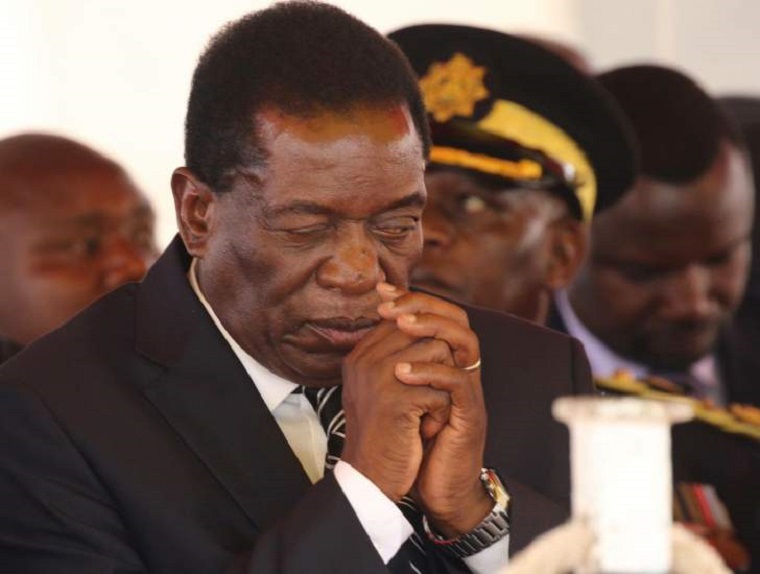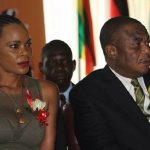 Tomorrow, the door is closing on 2019. It was a wasted year in terms of politics, especially the much desired electoral reforms to pave way for credible elections which will not be disputed.
Tomorrow, the door is closing on 2019. It was a wasted year in terms of politics, especially the much desired electoral reforms to pave way for credible elections which will not be disputed.
The main opposition Movement for Democratic Change behaved as if it had all the time in the world to bring about the reforms before the 2023 elections.
The Zimbabwe constitution is quite blunt on elections. Section 158 states that a general election must be held so that polling takes place not more than thirty days before the expiry of the five-year term of Parliament.
The five-year term of Parliament, according to section 143, runs from the day the President-elect is sworn in.
Mnangagwa was sworn in on 26 August last year.
All things being equal, Zimbabwe’s next elections should therefore be held any day between 27 July and 25 August 2023.
Already 14 months of the current Parliament are gone.
Mathematically that leaves 46 months from the five year-term.
If you deduct the one-month during which the country is allowed to hold elections, that leaves 45.
Deduct another three months for campaigning after proclamation (84 days maximum), you have 42 months.
But everyone knows that bickering within the political parties, as candidates position themselves to be re-elected, or for first-timers weave their way in, can take away another six to 12 months.
To make matters worse, the MDC does not have the numbers to make any meaningful changes in Parliament because it focused on the presidential elections neglecting Parliament where it would have made greater impact.
The Zimbabwe African National Union-Patriotic Front is already showing the folly of MDC politics by announcing several “retrogressive” constitutional amendments it intends to make.
This clearly irrational move, which seems like bragging by the ruling party that it can do anything, should be a lesson to every Zimbabwean and every opposition party that Zimbabwe must never allow a party to win a two-third majority in Parliament.
The two-thirds majority that ZANU-PF currently enjoys is very fragile, but the MDC has so far failed to take advantage of that fragility. But while there seems to be a lot of bickering within ZANU-PF, this is because there is no external threat. The MDC is too weak.
Simba Mudarikwa aptly described how ZANU-PF behaves a few years ago. The party, he said, is badly fractured. It was like a stick of TNT, susceptible to ignition and disintegration but it was holding together because of the threat of MDC and foreign pressure. He likened ZANU-PF to a troop of baboons incessantly fighting among themselves, but coming together to face an external threat.
Right now ZANU-PF can fight incessantly like a troop of baboons because there is no external threat.
People can talk about Lacoste and G40 factions, which really exist, but as elections approach, they will gang up to survive.
No one knows this better than Emmerson Mnangagwa, the party leader and “former” intelligence boss.
The crocodile is patiently waiting.
(74 VIEWS)


